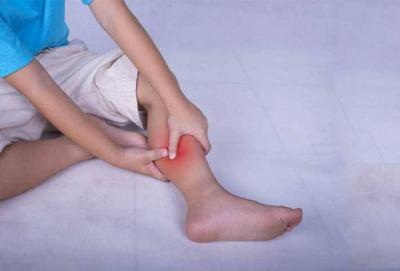Anyone can be at risk of developing a blood clot, but knowing the signs that may indicate this can save our lives. Doctors and experts have reported that blood clots can be a silent killer, appearing in various ways and leading to severe complications. Smoking, high blood pressure, and certain medications, such as estrogen, can increase the risk of blood clots, so understanding the accompanying symptoms is critical.
In this context, Sean Marchese, a registered nurse at the Mesothelioma Center in the United States, explained that blood clots often settle in the legs, preventing oxygen from reaching the surrounding tissues. However, superficial or deep blood clots in unaffected areas may sometimes go unnoticed, according to Eat This Not That. Blood clots that do not cause severe symptoms, if left untreated, can lead to serious complications in the lungs or brain.
#### Shortness of Breath or Dizziness
One symptom that may indicate a risk of stroke is shortness of breath or dizziness following moderate to high activity levels. However, these symptoms should not be overlooked if they persist and occur while at rest or during light activity, as a blood clot in the lungs can prevent oxygen from entering the bloodstream. Pulmonary embolism can be fatal if not treated quickly.
#### Swelling or Pain in the Limbs
If you are unsure about the signs of blood clotting, you may think that swelling in an area of skin is due to a recent injury, or you might ignore a slight change in color or temperature in your leg. However, these are warning signs of deep vein thrombosis or a blood clot formed deep beneath the skin, preventing blood from reaching healthy tissues. If you experience sharp pain on one side, redness, swelling, or warmth in a specific area, seek medical attention as soon as possible. Deep vein thrombosis can lead to pulmonary embolism or more serious issues, including gangrene.
Marchese noted that a blood clot in the brain can be located in blood vessels narrowed by fatty deposits. It can also occur due to head trauma or physical strikes that cause a concussion, preventing oxygenated blood from reaching parts of the brain. You may experience dizziness, confusion, or have problems with vision or speech. Blood clots in the brain can lead to a wide range of neurological issues, from general weakness to seizures.




